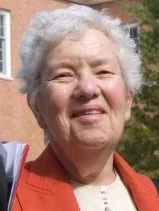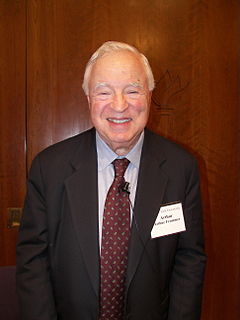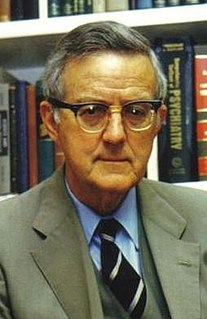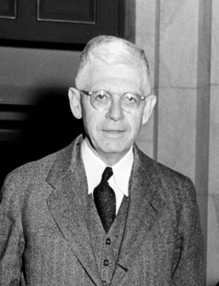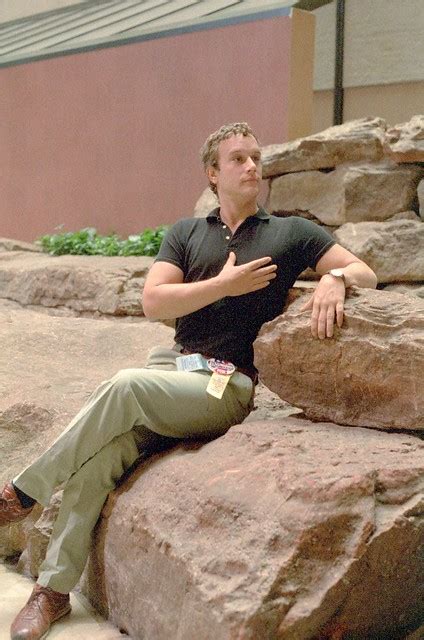A Quote by Vera Rubin
Science progresses best when observations force us to alter our preconceptions.
Quote Topics
Related Quotes
Science is much more than a body of knowledge. It is a way of thinking. This is central to its success. Science invites us to let the facts in, even when they don't conform to our preconceptions. It counsels us to carry alternative hypotheses in our heads and see which ones best match the facts. It urges on us a fine balance between no-holds-barred openness to new ideas, however heretical, and the most rigorous skeptical scrutiny of everything - new ideas and established wisdom.
Laplace considers astronomy a science of observation, because we can only observe the movements of the planets; we cannot reach them, indeed, to alter their course and to experiment with them. "On earth," said Laplace, "we make phenomena vary by experiments; in the sky, we carefully define all the phenomena presented to us by celestial motion." Certain physicians call medicine a science of observations, because they wrongly think that experimentation is inapplicable to it.
Difficulties arise when reported observations seem to conflict with 'facts' that the majority of scientists accept as established and immutable. Scientists tend to reject conflicting observations.....Nevertheless, the history of science shows that new observations and theories can eventually prevail.
Science is a dynamic undertaking directed to lowering the degree of the empiricism involved in solving problems; or, if you prefer, science is a process of fabricating a web of interconnected concepts and conceptual schemes arising from experiments and observations and fruitful of further experiments and observations.
The progress of science has always been the result of a close interplay between our concepts of the universe and our observations on nature. The former can only evolve out of the latter and yet the latter is also conditioned greatly by the former. Thus in our exploration of nature, the interplay between our concepts and our observations may sometimes lead to totally unexpected aspects among already familiar phenomena.
I would teach the world that science is the best way to understand the world and that for any set of observations, there is only one correct explanation. Also, science is value-free, as it explains the world as it is. Ethical issues arise only when science is applied to technology - from medicine to industry.
Cristina Eisenberg weaves her observations as a scientist and her personal experiences afield into a resonant account about the web of life that links humans to the natural world. Grounded in best science, inspired by her intimate knowledge of the wolves she studies, she offers us a luminous portrait of the ecological relationships that are essential for our well-being in a rapidly changing world. The Wolf's Tooth calls for a conservation vision that involves rewilding the earth and honoring all our relations.
He's the best of us. The best of our best, the best that each of us will ever build or ever love. So pray for this Guardian of our growth and choose him well, for if he be not truly blessed, then our designs are surely frivolous and our future but a tragic waste of hope. Bless our best and adore for he doth bear our measure to the Cosmos.
